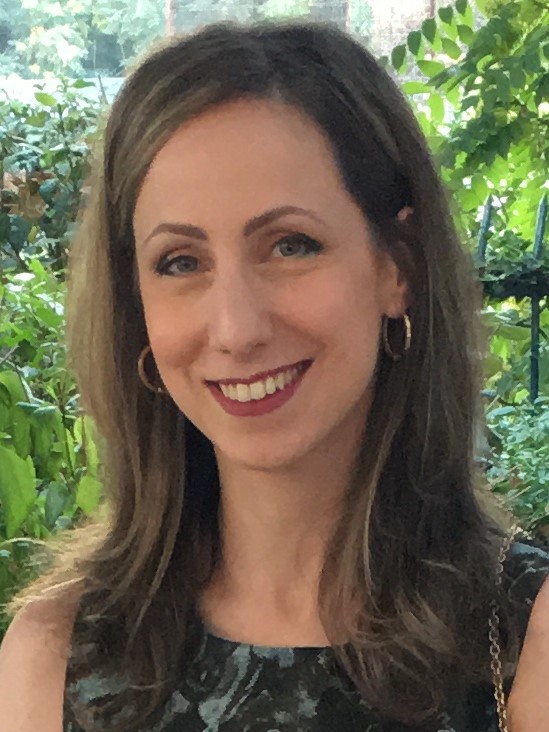If we want more senior female surgeons, we need to boost the visibility of female role models
 What proportion of consultant surgeons in the UK are women? In 1991, this was a staggeringly low 3% and in 2018 it was still only 12%. If we continue at this rate, it will be over 100 years before women and men are equally represented in surgery. We cannot afford this slow pace of change to continue.
What proportion of consultant surgeons in the UK are women? In 1991, this was a staggeringly low 3% and in 2018 it was still only 12%. If we continue at this rate, it will be over 100 years before women and men are equally represented in surgery. We cannot afford this slow pace of change to continue.
So, what is the reason behind the lack of senior female surgeons? Are there not enough women entering medical school in the first place? This may be true in certain countries, where achieving gender equality in medical school still seems like a distant goal. Last year’s exposé of Tokyo Medical University, which had reduced the scores of its women applicants over a period of at least 12 years to cap female entrants at 30%, is shocking in the regressive thinking it reveals. But in the UK at least, 54% of the foundation trainees in surgery are female.
What can we do then to help these women progress in their career? I strongly believe in the principle, “You cannot be what you cannot see,”[1] and my work on a survey of UK surgeons, which was published earlier this week, confirmed just how important the presence of female role models and mentors is for the UK surgical workforce.
The female surgeons we heard from through our online survey, which was conducted through the Association of Surgeons of Great Britain and Ireland (ASGBI), thought that there was much to be gained from mentoring among female surgeons, but some of the respondents perceived this as a benefit that is currently limited to those working in non-surgical specialties.
To put an end to this vicious circle, in 2017, I launched the social media campaign #HowIBecameAWomanInSurgery. I wanted to shine a light on the journeys female surgeons had taken through the training pathways so that more women might be inspired to achieve their surgical ambitions. Surgical trainees may not always have access to a female role model in surgical leadership in their particular hospital, but this example of distance mentoring ensures that women in senior positions are still visible to the younger generation of female surgeons.
Initiatives like #HowIBecameAWomanInSurgery, which was conducted through the ASGBI women in surgery Facebook group, need to be harnessed and I hope that they continue to gather momentum. Social media has created a revolution in medical education and particularly for mentoring the new generations, it is paramount to “talk” their language. The Facebook group provides a free and easy to use tool for short exchanges and practical support. Virtual communities enable women’s experiences to be shared and validated and offer a place where women can discuss how they’ve dealt with frequently encountered barriers.
As our survey found, these barriers are common to other male dominated fields, and centre principally around a perceived lack of work-life balance, potentially leading to burnout, and the unconscious bias that pervades the culture of a stereotypically male profession. When we discussed these challenges at last year’s ASGBI #HowIBecameAWomanInSurgery symposium, concerns were raised about how they may be significantly impacting not only the wellbeing of female surgeons (in training or not), but also the delivery of safe and high quality care. If we want to attract, train, and retain the best talent for our patients, we need a strong and efficient diversity strategy in place.
It is possible to have a family and be a successful surgeon, as the role models of the #HowIBecameAWomanInSurgery campaign show. We need to seek out positive reinforcement that would help build young women’s self-esteem and belief that they can thrive in their private and professional lives. This is paramount, particularly when such a radical change is needed.
While educational bodies and policy makers are fundamental to producing targeted action plans, they alone cannot bring about better representation for women among senior surgeons. If we want to make a difference to the daily experience of female surgeons, it’s up to everyone working in medicine from the ground up.
We all need to throw out the gendered language that continues to be used and confront ongoing assumptions about how the state of being female is somehow incompatible with being a surgeon and in a position of seniority. Let’s call out and confront any sexist term or discrimination we face. We are all capable of creating a positive change in our organisation, regardless of our sex and role.
Maria Irene Bellini is a post CCT fellow in transplant surgery at Imperial College Health Care NHS Trust. Twitter: @mirenebellini1
Competing interests: None declared.
References
[1] Bellini MI, Marson L. You cannot be what you cannot see. The journey through surgical training from a female perspective. Journal of the Associations of surgeons of Great Britain and Ireland 2017;50:97–9.
